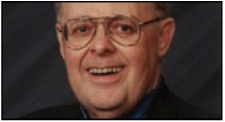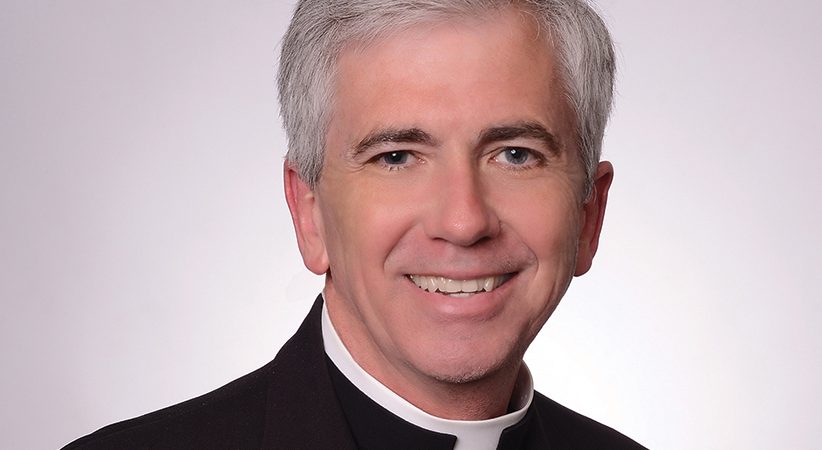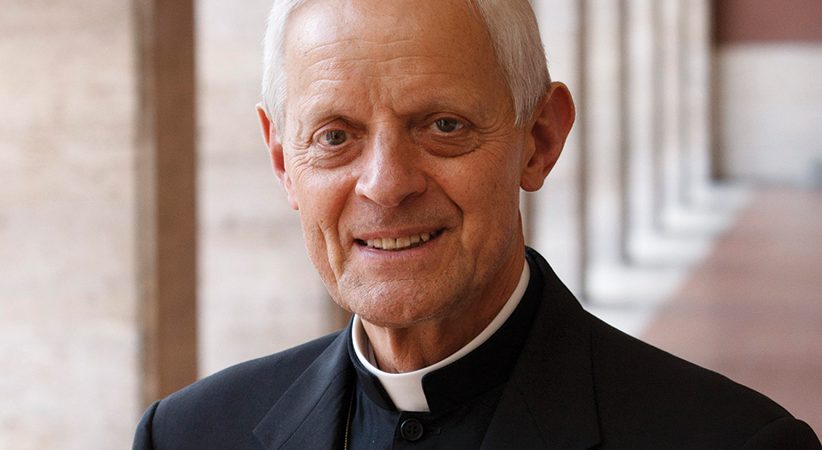Four Ways to Address Declining Attendance
Why no single way is the answer
Owen Phelps Comments Off on Four Ways to Address Declining Attendance
 In the face of major challenges, wise leaders know that their effectiveness depends on two things: an appropriate inner disposition and a solid plan of action. Lacking either is a recipe for failure.
In the face of major challenges, wise leaders know that their effectiveness depends on two things: an appropriate inner disposition and a solid plan of action. Lacking either is a recipe for failure.
In the February 2023 issue of The Priest, Father Michael White addressed what is possibly the most pressing challenge in parishes today: declining attendance. He also offered some excellent strategies for addressing it. But for the most part, he focused on the first aspect of effective leadership — inner disposition. He said there were five attitudes priests could choose in bracing themselves to deal with declining attendance: getting angry, despairing, ignoring it, doubling down, embracing it. Wisely, he recommended the last option. Embracing the trend calls for a rich inner spirituality and deep faith in God’s providence.
My intent here is to focus on the other essential element: a solid plan of action. Let’s begin with some bad news: There is no silver bullet that will turn the tide and usher in a time of explosive growth. Still, there are some things pastors can do to stem a receding tide and foster greater participation. But first, sit down with “The Four Ways Forward: Becoming an Apostolic Parish in a Post-Christian World” (OSV, $19.95) by Susan Windley-Daoust, director of missionary discipleship for the Diocese of Winona in Minnesota and former chair of theology at Saint Mary’s University of Minnesota. She has a doctorate in theology and a certificate in spiritual direction, and she was intimately involved in the spiritual lives of her students before moving to the Winona diocese.
There are two reasons I recommend her book to parish leaders, both lay and clergy, who want to devise a plan of action in the face of declining participation. First, she concisely outlines four basic ways that parishes are trying to address this challenge:
• The radical hospitality and first proclamation model.
• The spiritual multiplication small-group model.
• The organizational mission (re)focus model.
• The signs and wonders model.
Windley-Daoust describes the assumptions and dynamics of each, noting variations. She also names names, connecting the four models to specific programs offered to hungry parishes. If you and/or your parish leadership team are “shopping” various programs offered nationally to address this challenge, you’ll be able to make better decisions if you know which model or models each program embraces.
Her analysis of each way includes “resistance points” — those things that might make a particular program not well-suited to your parish’s gifts and resources. For example, some models require a lot more commitment from a lot more people. That’s not necessarily disqualifying, but it’s better to anticipate that than to stumble upon it after launching a program. Speaking metaphorically, finding the right shoes to wear does not just come down to the quality of the shoes; the right fit is just as critical, perhaps more so.
The second reason I recommend her book is for the wisdom it offers. Near the end is a chapter that lays out the reality of actively seeking to turn the tide in any parish: “Why You Need (at Least) Three of These Models for Apostolic Transition.” If you and your parish team are looking for a quick and easy strategy to boost parish participation, this news may be crushing. But we need to hear it. “You misunderstand your mission field if you think any one model will reach and help grow every person in the field,” she says.
Fortunately, she includes specific samples of how four parishes of various sizes and resources each developed plans employing a multitude of models to address their various circumstances. It’s like completing a master’s course in parish evangelization. She concludes by integrating both the interior and exterior dimensions of the challenge, encouraging everyone to read St. Paul’s words in Romans 12:1-2. In this, she is exactly right. Check it out.
OWEN PHELPS, Ph.D., is executive director of the Yeshua Catholic International Leadership Institute and author of “The Catholic Vision for Leading Like Jesus” (OSV, $15.95).





